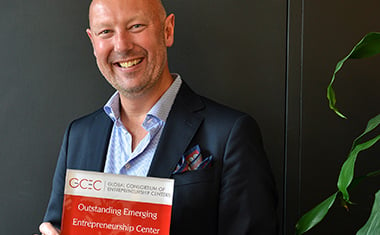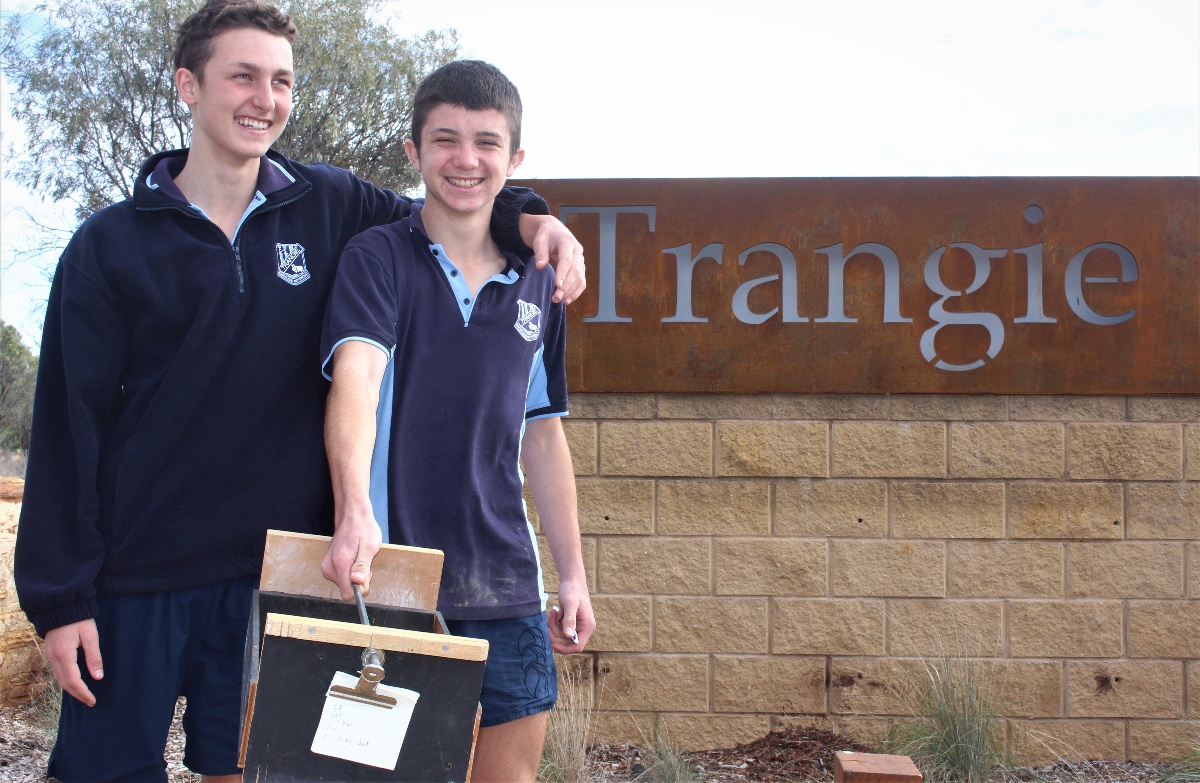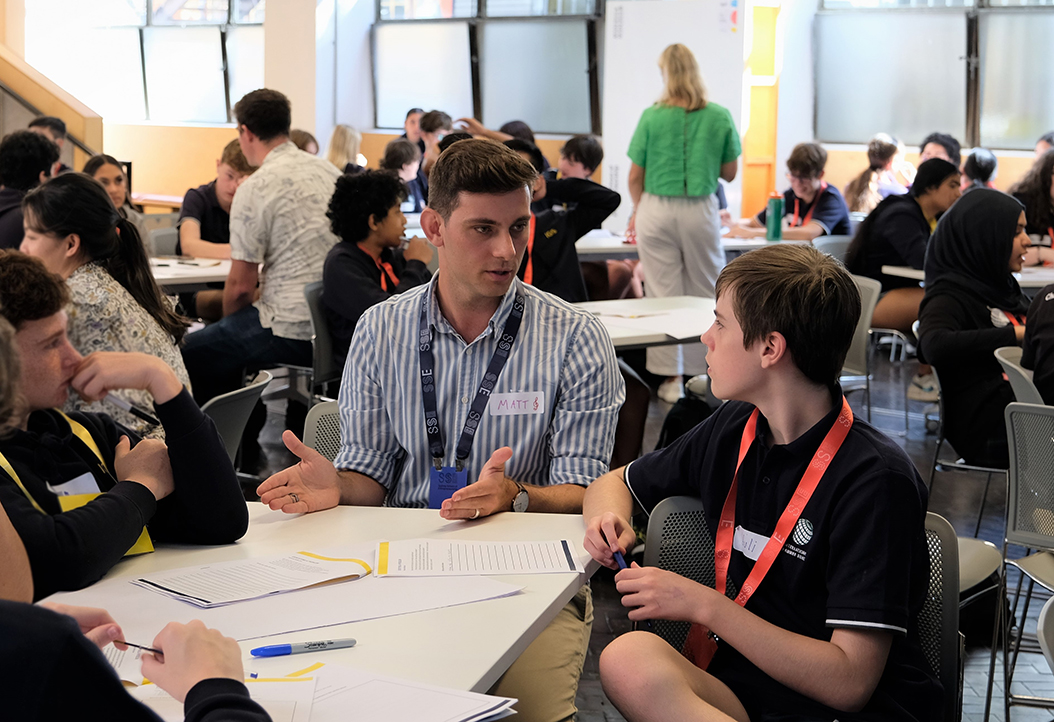Stories
How one rural school is building the future of entrepreneurship and innovation
The town of Trangie in central New South Wales, nearly 500km northwest of Sydney and with a population of just over 1,000 people, would not normally be considered a 'hot-bed of innovation, but a recent partnership between Trangie Central School and Sydney School of Entrepreneurship (SSE), in inspiring a new generation of future innovators.
Like a handful of other innovative schools around the state, Trangie Central, in partnership with SSE is offering Years 9 and 10 students the opportunity to study a subject in entrepreneurship and take their innovative ideas and entrepreneurial journey to the next level.
Discovery, designed and delivered by SSE, has been created to help students identify problems in their local community and then guide them through the process of creating practical solutions. A major driver of the program is to help students to transform commonly experienced barriers into opportunities, and to create a positive difference in their local community, as well as nurture individual success and progression.
Trangie’s students are already activating their creative problem-solving skills and developing ideas into product. During the 2020 program, for example, one group of students identified a gap in the market and created the Coffee Caddy solution. The students had observed teachers struggling to carry large numbers of coffee cups from the local café back to their workplace; their solution was to develop a premium, personalised coffee carrying device. Supported by their teacher, the students have sold over $1,500 worth of pre-orders since they launched while studying SSE’s Discovery Innovation Program.
Ideas have been pouring out from these remarkable young people. Another leading idea is the website and app that helps connect young people in rural areas with people (notably elderly or ailing) who need extra assistance with household tasks.
Nicknamed OddJobbr, the platform aims to help build a sense of community and purpose for the local youth, while providing a small financial incentive to those helping their community.
Other ideas that emerged during the Discovery program include a peer-learning program whereby older students mentor younger students in workshops on topics that teachers and parents may not have the time or expertise to deliver, such as budget creation or home cooking.
As part of the program, a group of Trangie teachers were rapidly upskilled in design thinking and startup methodology to help support the students as they develop their ideas. Students also received one-on-one online mentoring from expert facilitators and startup founders as they tested their ideas and developed prototypes.
Trangie Principal Gary Hansen spearheaded the roll-out of the Discovery program in the school, after taking part in SSE’s Entrepreneurial Educators Program earlier in the year.
Seeing the impact that a creative mindset has had across all of his teaching, he was inspired to help develop the same innovative attitude in his students.
“In regional towns such as ours, it has never been more important to ensure we support young people with transferrable life skills that help them to pursue whatever career path they decide and build their resilience for the future”, he says.
The program was supported by rural remote grant funding. SSE is hoping to further expand the program across regional NSW in 2021.
SSE Director of Entrepreneurship, Emily Chang, says the program is helping build skills in creativity, resilience and teamwork that will be useful in whatever career path the students choose.
“2020 has taught us just how important it is to be adaptable and innovative in the face of challenges – big and small,” says Chang.
“It is rewarding to empower students to solve problems they see in the world, and give them the skills they need to tackle the future with confidence and optimism.”
“As we continue to become more distributed and de-centralised with how we work, rural and regional towns have an amazing opportunity to drive innovation,” Emily Chang says.
”We must empower our young people to lead change and provide them with the skills to face the challenges of the 21st Century.”
If you’re interested to learn more, please get in touch info@sse.edu.au
Related Stories



